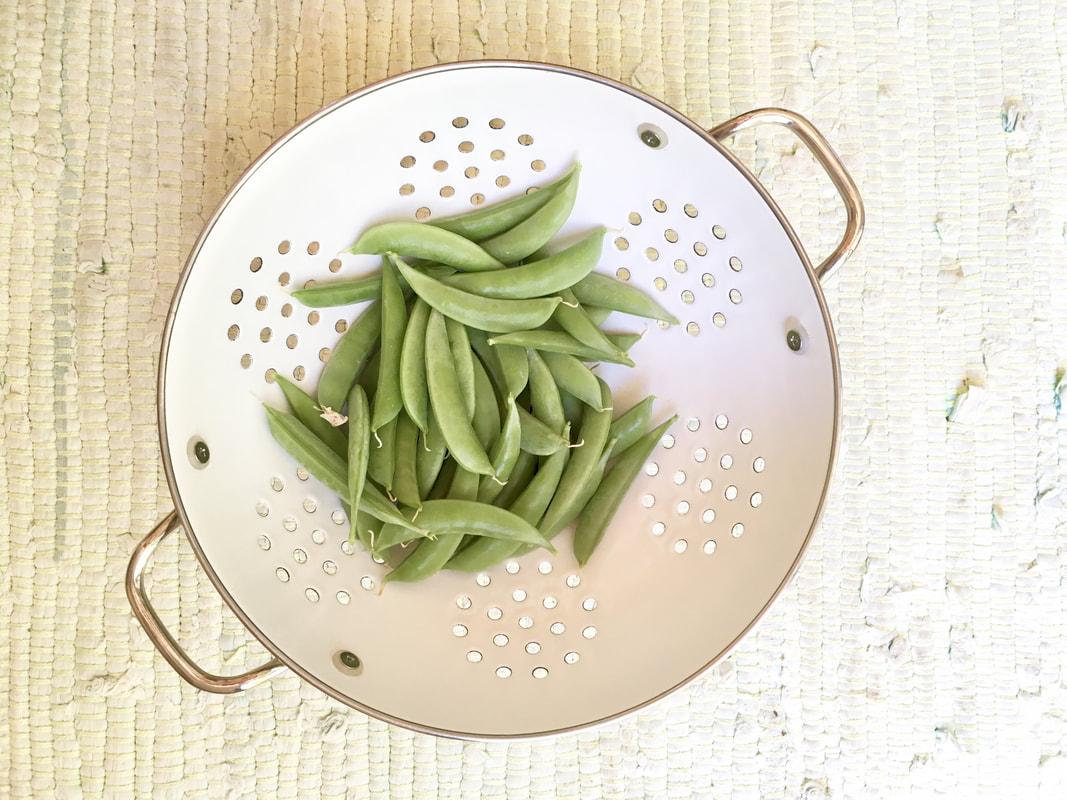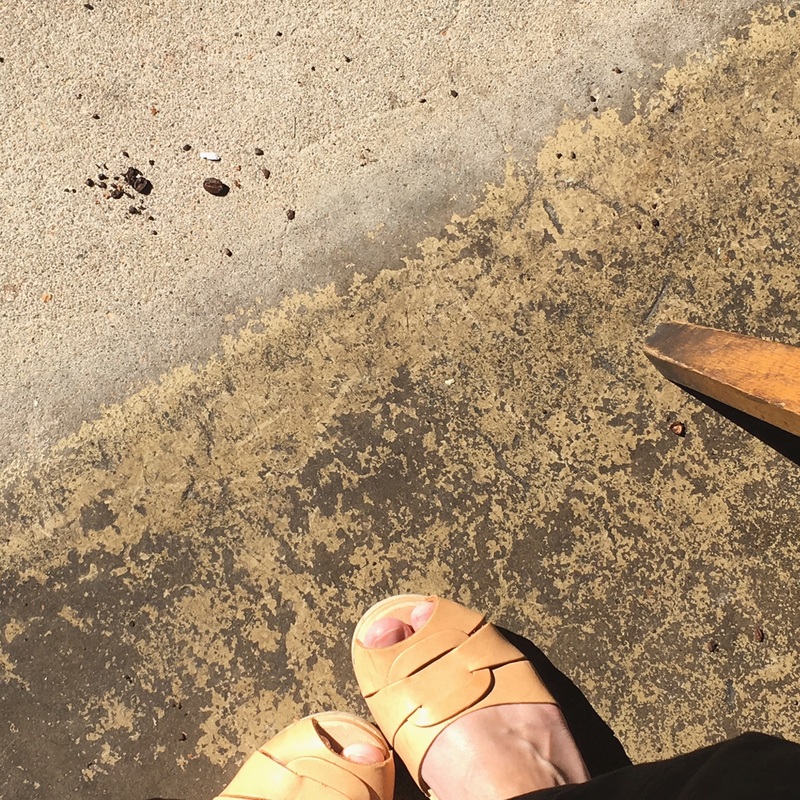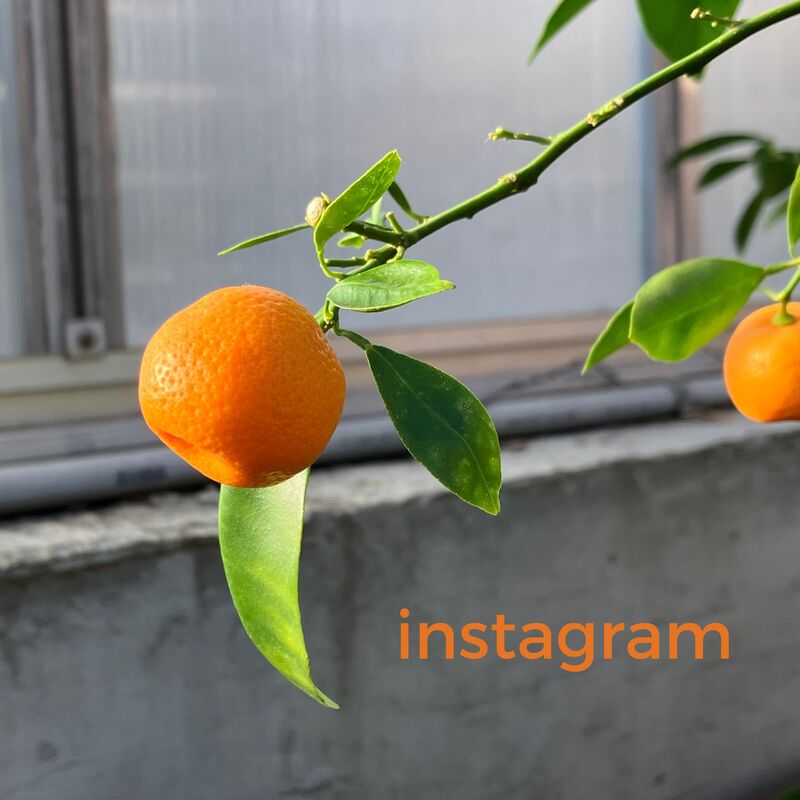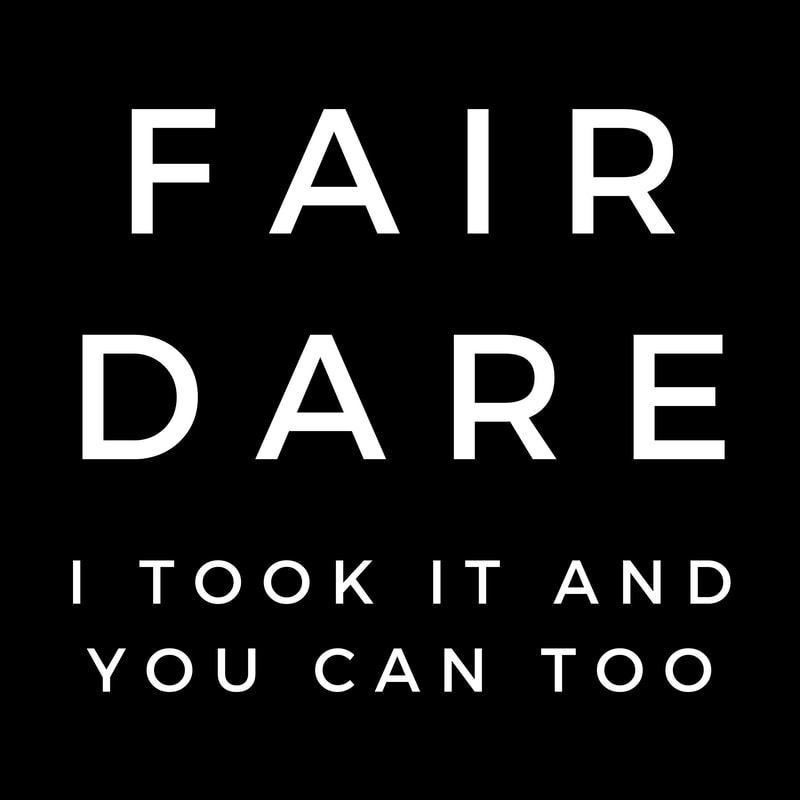Apparently The Guardian, a British newspaper, has decided that someone has to address our problem, + it might as well be them. One of the articles in this ongoing series addresses myths about plastic that many of us need cleared up, but no specific solutions have been given in many cases. Here are a few simple zero-waste solutions to the myths they highlighted:
1. "Your coffee cup probably isn't recyclable"
Solution: A reusable cup. Make coffee at home from bulk beans put in a cloth bag, bin or jar brought from home. Drink it in a cup at home or take it along in a reusable cup or thermos. Keep a reusable cup at work. Take a reusable cup to the coffee shop.
2. "Toothpaste tubes need special treatment" (+ Terracycle is not the solution)
Solution: A box of baking soda. Get your family on board by employing an intermediate step, if necessary.
3. "Don't be fooled by food containers" (most are not recyclable)
Solution: Farmers' market + some reusable bags + bins from home. Garden. Eat seasonally. Enjoy produce that can be bought without plastic. Use the bulk bins + containers from home. Carry a water bottle instead of buying bottled drinks. Buy products in returnable containers (like milk or kombucha in glass jugs).
4. "Yes, your recycling needs to be cleaned"
Solution: Make less of it + clean it at the end of the washing up with leftover, grey water.
5. "Plastic bags are a recycling plant's nightmare"
Solution: Reusable bags. But...if you end up with a frozen corn bag, for example, wash it out + put it in the special plastic bag recycling receptacle at the grocery store.
6. "Those little arrows? They don't mean anything" (three arrows in the shape of a triangle)
Solution: Skip the plastic.
7. "Plastic can't be recycled for ever" This is a really big one. According to this article, experts say that plastic can only really be recycled once or twice. Often it is recycled into polyester, which we now know sheds microfibers into the ocean + air.
Solution: Avoid as much plastic as possible.
The bottom line is that we just need to skip the plastic...and a little know-how helps. Disposable plastic, single-use plastic + polyester fabrics can be avoided with some increased awareness + habit shifts. We can choose natural materials instead of plastics in most other cases (toys, storage containers + other household items). In addition to our personal action, we can kindly share a better way with our friends + anyone who asks what we're up to with our "weird" actions at the grocery store, farmers' market, playground, school pick-up, barbecue, etc. We can also ask them to join us in asking our cities + regions + states + governments to ban single use plastics.
Love,
Jane




 RSS Feed
RSS Feed